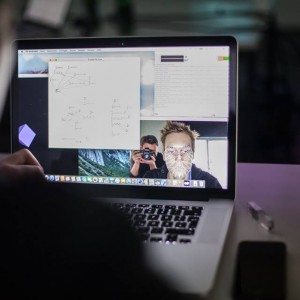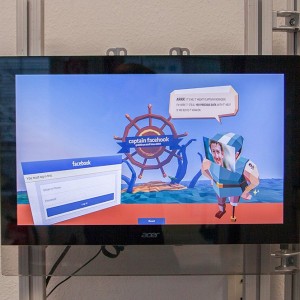Digital as pop culture
Workshops (Adults)- Sun 22.May @ 18:30 - 6/15/16 20:00
Τhe workshop aims to explore the relationships between the complex fields of digital humanities and contemporary popular culture.
On bullshit
Digital space inherently overcomes any boundary between valid and invalid knowledge. The internet is filled with bullshit, as a result of the fact that each of us carries the right to communicate his/her thoughts or feels obliged to share his/her knowledge. Thus, however, we have the opportunity to critically think about the characteristics and scope of knowledge, as well as the new capabilities being activated by the noisy invasion of pop in the inaccessible field of expertise.
Web 2.0 and new music communities
Traditionally, online communities were set up around sites related to specific interests. However, the emergence of social networking sites has led to a new phase of online interaction (web 2.0) contributing to the creation of communities organized around people. Recent ethnographic researches show that the ‘traditional’ communities have not been abolished, however. The new online music communities share more in common with like the geographically defined offline communities rather than traditional online communities of interests.
DH and DigHist: pop till you drop!
Digital Humanities (DH) and the digital story (DigHist) have recently invaded actively in the vocabulary and practices through which we understand the past. E-journals, digital libraries-collections-archives, digital memory, internet file crowdsourcing and public participation in the production of digital historical content: new words, new ways to get familiar with the past, study our history and “write history” daily. What are the digital humanities and digital history then? How have spread among us and how popular?
Pop, digital and viral
The concept of popular is inextricably linked to the ‘analog’ worlds that massive technologies had introduced in the past. It is difficult to bring to mind today the worlds of radio, film, pictorial form or TV away from attendant pop-rules and pop-practices. At the turn of the new millennium, the long experience of the twentieth century which is usually described as pop culture, faces new transformations: The virulence (virality) invaded the cyberspace of modern digital technologies, claiming dynamically through the words and performances to redefine the relationship technology, critical mass and culture in the digital age.
free entrance, limited seats; reserve at 





